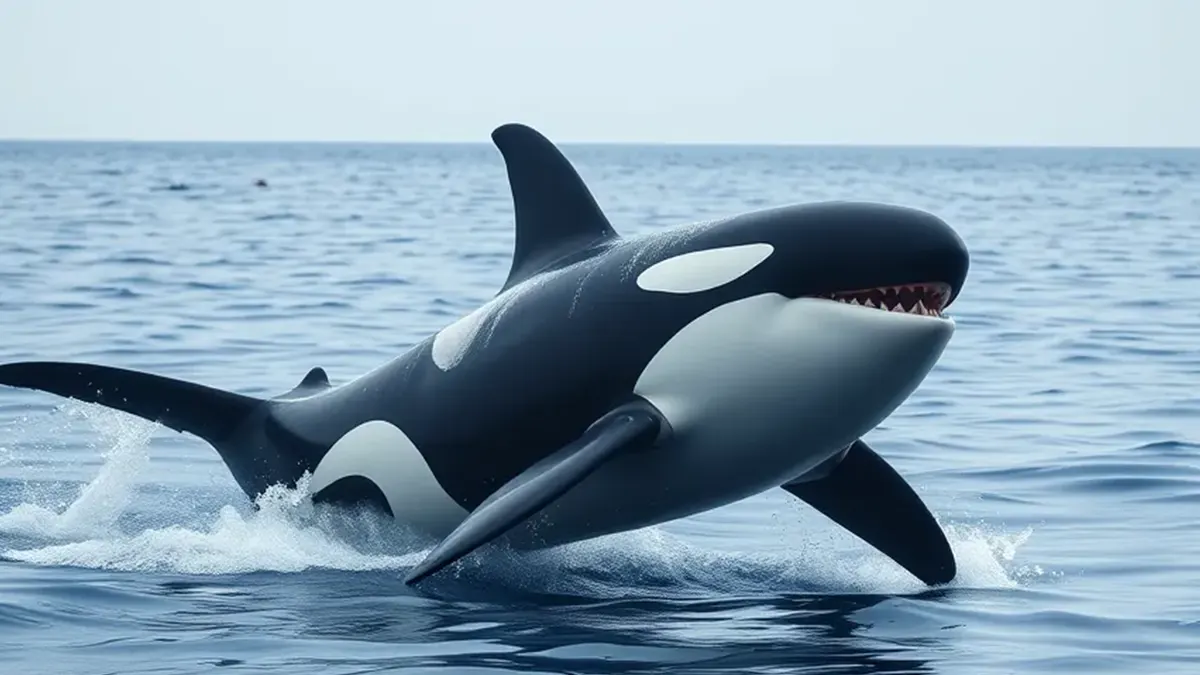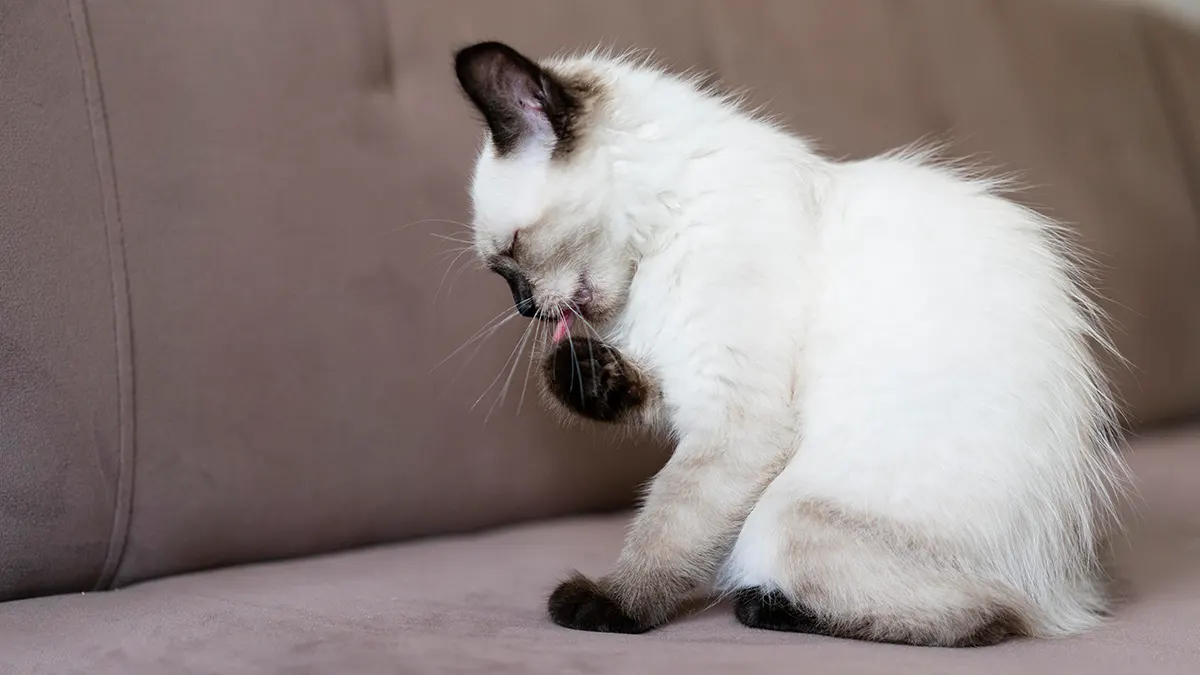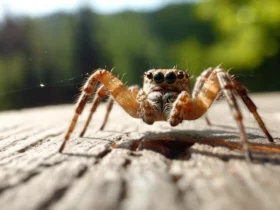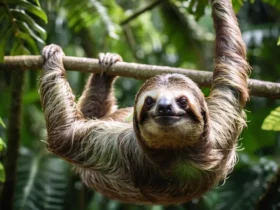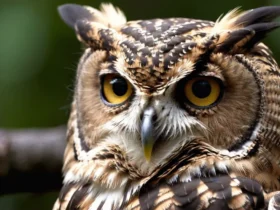Opossums, the only marsupials native to North America, are fascinating creatures that have adapted to a wide range of habitats. One of the most common questions about these unique animals is: “How long do opossums live?” This comprehensive guide will explore the lifespan of opossums in various environments, factors affecting their longevity, and interesting facts about their life cycle.
Table of Contents
Understanding Opossum Lifespan: Wild vs. Captivity
When discussing how long opossums live, it’s crucial to distinguish between their lifespan in the wild and in captivity. Let’s delve into both scenarios:
How Long Do Opossums Live in the Wild?
In their natural habitat, opossums typically have a relatively short lifespan:
- Average lifespan: 1-2 years
- Maximum lifespan: Up to 4 years (rarely)
These figures might seem surprisingly low, especially when compared to other mammals of similar size. So, why don’t opossums live longer in the wild? Several factors contribute to their short life expectancy:
- Predation: Opossums face numerous predators, including owls, coyotes, foxes, and domestic dogs.
- Vehicle collisions: Many opossums fall victim to roadkill while crossing streets or foraging near roads.
- Harsh weather conditions: Extreme cold can be fatal to opossums, as they don’t hibernate and have poor insulation.
- Disease and parasites: Various health issues can affect their survival, including ticks, fleas, and internal parasites.
- Human interactions: While some human activities provide food sources, others like habitat destruction and pest control measures can negatively impact opossum populations.
How Long Do Opossums Live in Captivity?
When we consider how long opossums live under human care, the numbers look a bit more promising:
- Average lifespan: 2-4 years
- Maximum lifespan: Up to 6-7 years (in rare cases)
The extended lifespan in captivity can be attributed to several factors:
- Protection from predators
- Consistent and balanced food supply
- Veterinary care and disease prevention
- Shelter from harsh weather conditions
- Reduced risk of accidents (e.g., vehicle collisions)
Factors Affecting How Long Opossums Live
To fully understand opossum lifespan, it’s essential to explore the various elements that influence how long these marsupials live. These factors play a crucial role whether the opossum is in the wild or captivity:
1. Diet and Nutrition
A balanced diet is crucial for opossum longevity. In the wild, opossums are omnivores and opportunistic eaters. Their diet typically includes:
- Insects and other invertebrates
- Small mammals and birds
- Fruits and berries
- Grass and leaves
- Carrion
In captivity, providing a diet that mimics their natural eating habits can contribute to a longer lifespan.
2. Habitat and Environment
The quality of an opossum’s habitat significantly impacts how long it lives. Ideal habitats include:
- Dense vegetation for cover
- Access to water sources
- Abundant food supplies
- Safe denning sites
Urban environments can provide both benefits (e.g., easy access to food) and challenges (e.g., increased risk of vehicle collisions) for opossums.
3. Genetic Factors
Like all animals, opossums’ genetic makeup plays a role in determining their lifespan. Some individuals may have genetic predispositions for longevity or resistance to certain diseases.
4. Reproductive History
Female opossums typically have 1-3 litters per year, with each litter containing up to 13 joeys. The energy demands of frequent reproduction can impact a female opossum’s overall lifespan.
5. Human Interaction
Human activities can both positively and negatively affect how long opossums live:
- Positive impacts: Conservation efforts, wildlife rehabilitation
- Negative impacts: Habitat destruction, use of pesticides, vehicle collisions
The Opossum Life Cycle: From Joey to Adult
To fully appreciate how long opossums live, it’s helpful to understand their life cycle:
- Gestation: 12-14 days
- Joey development in the pouch: 2-3 months
- Weaning: Around 3-4 months
- Sexual maturity: 6-8 months for females, 8-10 months for males
- Adulthood: 1 year onwards
This rapid development and early maturity partially explain why opossums have evolved to have shorter lifespans compared to some other mammals.
Interesting Facts About Opossum Lifespan and Aging
As we explore how long opossums live, several fascinating facts emerge:
- Rapid aging: Opossums age more quickly than many other mammals, which contributes to their shorter lifespan.
- Telomere length: Studies have shown that opossums have shorter telomeres (protective structures at the end of chromosomes) compared to other mammals, which may be linked to their faster aging process.
- Breeding season impact: Male opossums often experience increased mortality during breeding seasons due to competition and increased exposure to predators.
- Adaptability: Despite their short individual lifespans, opossum populations are generally stable due to their ability to adapt to various environments and their high reproductive rate.
Conservation and the Future of Opossum Lifespans
While opossums are not currently considered endangered, various factors can impact their populations and potentially affect how long future generations of opossums live:
- Habitat loss due to urbanization
- Climate change altering food availability and habitat suitability
- Increased human-wildlife conflicts
Conservation efforts focused on preserving natural habitats and educating the public about the ecological importance of opossums can help ensure these unique marsupials continue to thrive.
Conclusion: Understanding Opossum Longevity
In answering the question “How long do opossums live?”, we’ve discovered that while individual opossums may have relatively short lifespans (1-2 years in the wild, 2-4 years in captivity), these remarkable creatures have evolved to thrive through rapid reproduction and adaptability.
Their unique life history, from a 13-day gestation to reaching sexual maturity within a year, showcases nature’s diverse approaches to survival. While an opossum’s life may be brief compared to some mammals, it is nonetheless filled with fascinating behaviors and important ecological contributions.
By understanding how long opossums live and the factors that influence their lifespan, we can better appreciate these often-misunderstood animals and work towards ensuring they continue to play their vital role in North American ecosystems for generations to come.


